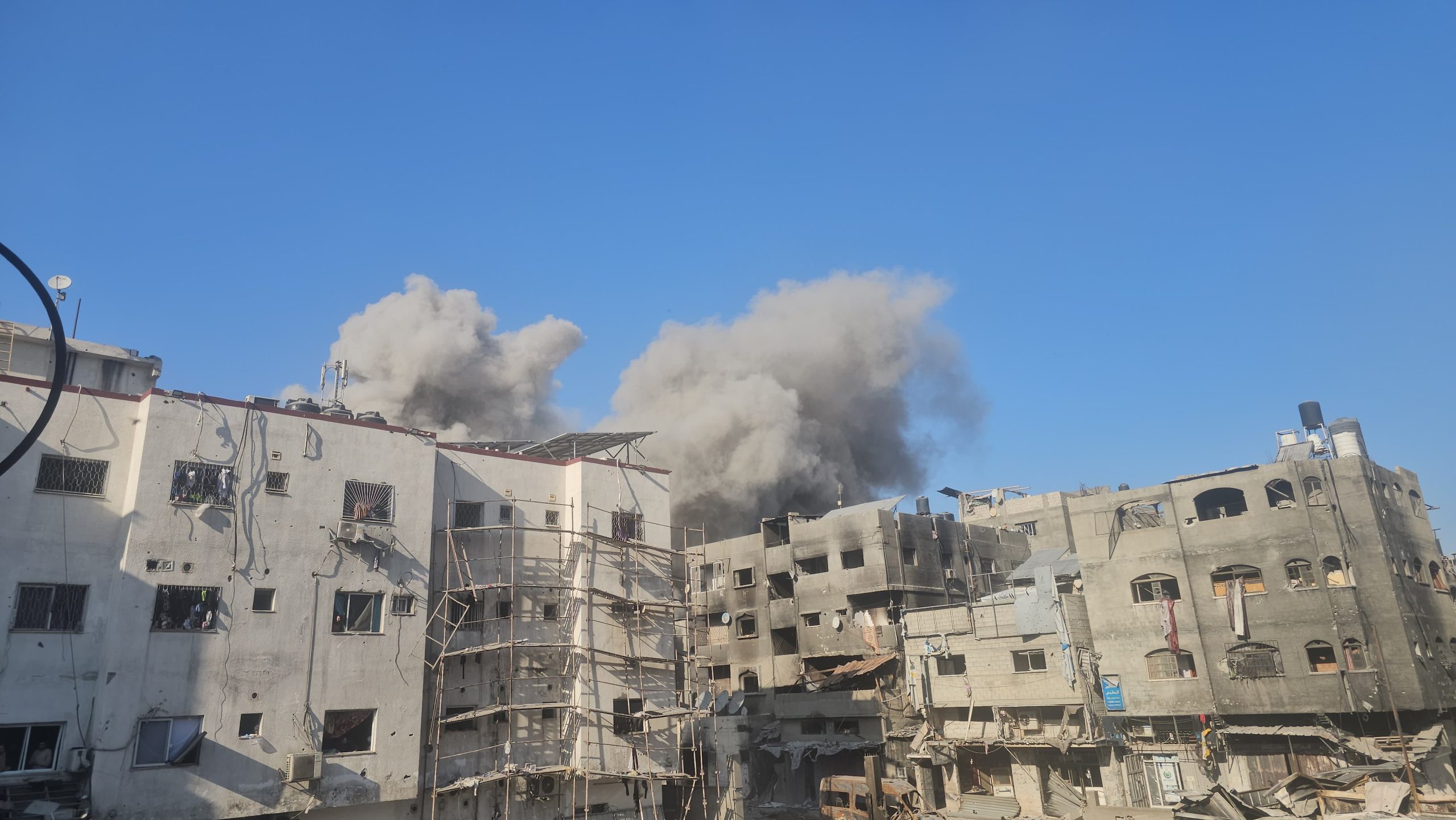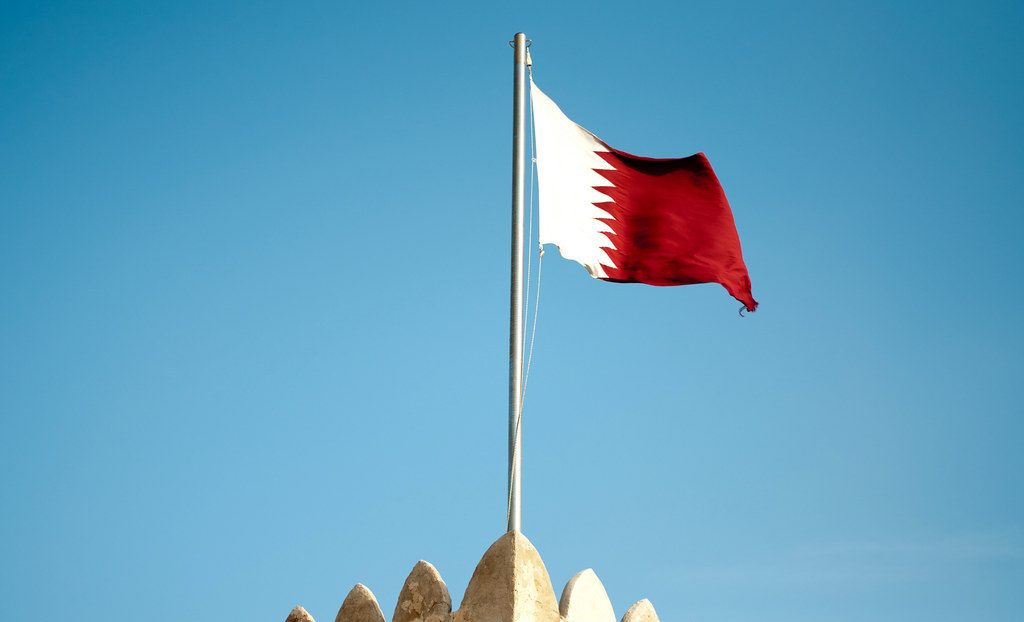Qatar enjoys good relations with both the US and Russia, through this they could position football and the World Cup as a means to boost diplomatic efforts.
Qatar’s journey towards hosting the 2022 FIFA World Cup has been a long and bumpy road. It is nearly twelve years since the country’s successful bid to host the tournament was announced, during which the pursuit of its massive programme of football-led nation building has inevitably meant facing problems and challenges.
Yet nobody from within government in Doha could possibly have imagined how tumultuous these last twelve years would be. With any country’s hosting of a mega-event comes intense scrutiny and Qatar has been no different, though the calls for stripping Qatar of its hosting rights have been unrelenting.
Qatar’s challenges ahead of the World Cup
Next came the diplomatic feud, which cut the country off from its nearest neighbours. Thankfully now resolved, the longer it continued the more problematic it potentially became for Qatar’s staging of world football’s showcase event. Presumably, contingencies were put in place to ensure that all manner of arrangements from securing food supplies to enabling ease of entry into the country were being addressed. Even so, it is easier to stage a mega-event when one is on good terms with their neighbours.
If all of this was not enough to contend with, then came the pandemic. As we have recently seen in both the summer and winter Olympic Games, held in Tokyo and Beijing respectively, Covid-19 has altered the landscape of mega-event hosting. It has necessitated delivering sport inside secure bubbles, with spectators being excluded from attending these events.
For organisers of the 2022 World Cup, the pandemic will remain a concern in which they must continue to be vigilant of mutations in the virus, how vaccine programmes are coping with any new outbreaks, and even what people’s attitudes towards attending the tournament are. With fans set to fly into Hamad International Airport from across the globe, it seems likely that Qatar will need to continue being resilient and pragmatic in its preparations.
How does Russia’s invasion of Ukraine impact Qatar’s sports diplomacy?
The tumultuous nature of Qatar’s road towards hosting the World Cup just became even more challenging, with Russia’s invasion of Ukraine. Although perpetrated many thousands of miles away and with no evidence to suggest that it poses an immediate threat to the event’s security, the invasion’s effects are already impacting upon football and the tournament.
Poland was due to play against Russia in a World Cup play-off game, scheduled for late March. However, officials in Warsaw quickly moved to announce that the country’s national team would not fulfil the fixture under any circumstances. Shortly afterwards, Sweden and the Czech Republic, also soon due to play in Russia, announced they were following suit. Other countries, including England and the Republic of Ireland, similarly indicated that they will refuse to play any Russian teams given current circumstances.
This subsequently prompted FIFA to suspend Russia from all FIFA competitions until further notice. As such, it seems highly likely that Russia will not be present at the World Cup later this year, unless a peace deal is brokered with Ukraine and FIFA’s ban is lifted before 24th March, when the play-off against Poland is due to take place. Exactly how the government in Moscow responds to its exclusion remains to be seen, though whatever the outcomes Qatar is likely to play a prominent role in what happens next.
Qatari diplomatic strategy over the last decade has typically involved hedging as the government has attempted to navigate increasingly complex, fractious and polarised geopolitical territory. The success of this approach was most evident during recent developments in Afghanistan, where Doha government served as a trusted intermediary between the Taliban and the United States.
With its own World Cup tournament looming and global tensions rising, Qatar may again sense both a need and an opportunity to reprise its diplomatic role. The country enjoys good relations with both the United States and its allies, and Russia. A Qatari play could be that it positions football and the World Cup as a means through which to boost diplomatic efforts. In this context, it is worth remembering that the national team of a Putin ally – Iran – has already qualified for this year’s competition.
This is tricky territory for Qatar, as negative sentiment against Putin and Russia is rising across the world. Responding to this will require deftness and craft on the part of its government officials. What cannot happen is for Doha’s diplomacy to be construed by the West and its allies as complicity with Russia, resulting in potential boycotts of the World Cup. Equally, if Putin and the Kremlin view Qatar as a stooge for the likes of Washington, London and Paris, it could damage its wider strategic relations with Moscow.
Gas and energy politics in football
Russia has deployed its supply of gas to Europe as a weapon designed to engender a power dependent relationship with countries such as Germany and Italy. This has been reinforced through, for instance, Gazprom’s sponsorship of the European Champions League. So sensitive had this sponsorship deal become, that when the Ukraine invasion began UEFA terminated it.
Read more: Double standards on the pitch: when does mixing sports with politics become acceptable?
Several nations are now looking towards Qatar to fill a gap in their gas supplies following sanctions imposed that have restricted Russian gas supplies to Europe. Long-term, this might suit the government in Doha, though supplying gas to markets previously supplied by Gazprom would doubtlessly antagonise the Kremlin. This might prove to be especially uncomfortable for Qatar, as Gazprom (which is Russian state owned) has an office in Doha.
Some of those nations now engaged in the realpolitik of securing their energy supplies, have previously been those from which calls have come to boycott the Qatar World Cup. How quickly the views of some have changed, which rather plays into the hands of decision makers both within the Qatari government and the Supreme Committee for Delivery and Legacy. So long as the current crisis in Ukraine goes on, one suspects that nations once highly critical of Qatar will adopt a rather more pragmatic stance on, for instance, labour worker rights.
Back in the late 2000s, bidding to host the 2022 World Cup may have seemed like a relative straightforward exercise upon which Qatar should embark. At that time, it might have looked like a massive (though achievable) infrastructural undertaking, though ultimately that has proved to be the easy part. The road to 2022 has been bumpy but the journey is not over yet, it could get bumpier. That will depend on the game of aggression now being played out in Ukraine.
Professor Simon Chadwick is Director of Centre for the Eurasian Sport Industry at Emlyon Business School, Paris.
Follow Doha News on Twitter, Instagram, Facebook and Youtube







